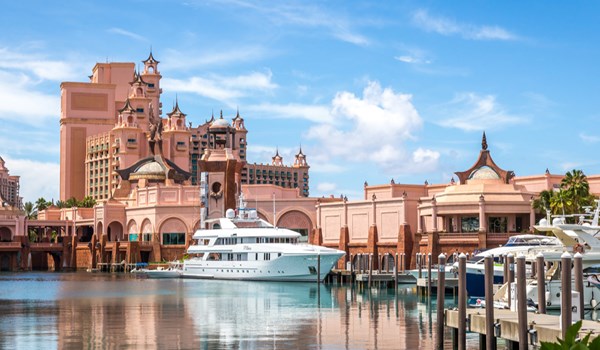Jurisdictions
Regions
Industry Sectors
01/05/23
BAHAMAS: Government working on a regulatory framework for DAOs.

As published on thenassauguardian.com, Friday 28 April, 2023.
Prime Minister Philip Davis announced yesterday while speaking at the Consensus 2023 conference hosted by Coindesk – a news site specializing in bitcoin and digital currencies – that alongside the recently announced revisions to the Digital Assets and Registered Exchanges (DARE) Act, the Securities Commission of The Bahamas (SCB) and the Digital Advisory Panel are working on a regulatory framework and corporate structure for decentralized autonomous organizations (DAOs).
A DAO, according to financial media website Investopedia, is “an emerging form of legal structure that has no central governing body and whose members share a common goal to act in the best interest of the entity. Popularized through cryptocurrency enthusiasts and blockchain technology, DAOs are used to make decisions in a bottom-up management approach.”
Davis’ announcement means the door will open for these kinds of business structures in The Bahamas and a more rigid form of digital policing through the DAO.
“We have not stopped innovating. I am pleased to announce that our Digital Advisory Panel, chaired by the attorney general of The Bahamas as mentioned, is collaborating with the Securities Commission of The Bahamas to develop a regulatory framework and corporate structure for decentralized autonomous organizations, or DAOs, to structure and operate with predictability and legal certainty,” Davis said at the Coindesk event.
“We will roll out this new regulated structure for DAOs in conjunction with the enactment of the DARE amendments.”
Davis told the Coindesk conference crowd that the collapse of Bahamas-headquartered cryptocurrency exchange FTX cannot be linked to deficiencies in The Bahamas’ digital assets legislation, and insisted that the DARE Act remains the leading legislation in the digital assets space globally.
“Indeed, it was the strength of the DARE Act that enabled The Bahamas to act first and act decisively on FTX, with the Securities Commission quickly putting the Bahamas-based entity into provisional liquidation, ahead of their filing for Chapter 11 bankruptcy, and securing FTX assets which had a market or trading value around $3.5 billion at the time they were secured,” Davis said.
“The US debtors in the Chapter 11 themselves credited the Bahamian regulatory framework in the securing of assets. DARE is the superior regulatory legislation in the industry.”
He added that this country remains a top financial services jurisdiction that “possesses the human capital to facilitate and execute digital asset-related services such as asset management and wallet services”.
President of the Caribbean Blockchain Alliance Stefen Deleveaux told Guardian Business last year following the collapse of Bahamas-headquartered cryptocurrency exchange FTX, that if the exchange operated as a DAO, it would not have been able to comingle businesses and move customers’ assets around the way it did.
Deleveaux, assessing all of the chatter about FTX and the ways in which it may have moved client money around, contended that it was hard to tell what technology might have been used at one of the world’s largest cryptocurrency exchanges to operate the many facets of the business. Deleveaux, who works in the digital assets space, insisted that if FTX was a properly decentralized exchange, using smart contracts that are able to be “heavily audited”, FTX’s fate might have been different.
“If FTX was a decentralized autonomous organization, this wouldn’t have been able to happen,” said Deleveaux.
“You wouldn’t have been able to do that kind of thing. If it’s an exchange controlled by smart contracts, for example, and if the contracts are heavily audited, that would avoid these problems.”



